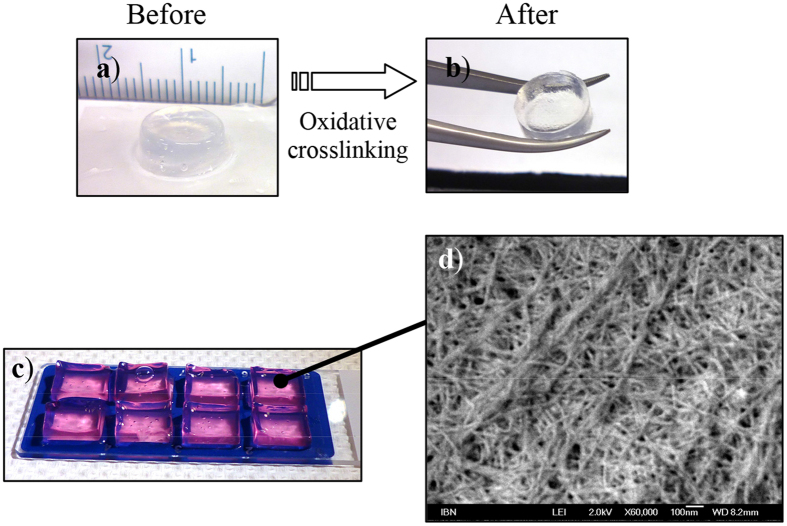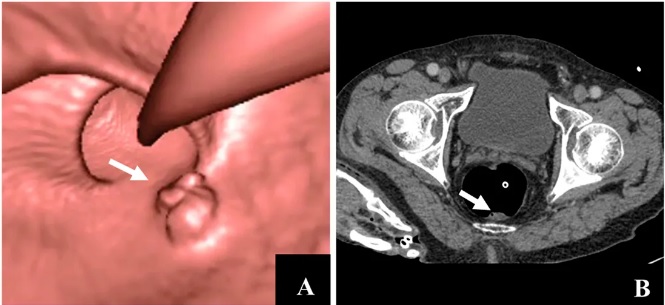Structured Exercise Reduces Mortality Risk in Colon Cancer Patients

A recent study published on July 4, 2025, has revealed that structured exercise significantly enhances survival rates among colon cancer patients. Conducted by the Canadian Cancer Trials Group in collaboration with the Waterloo Regional Health Network (WRHN) and the University of Waterloo's Center for Community, Clinical and Applied Research Excellence (CCCARE), the study concluded that patients participating in a structured exercise program experienced a 37% reduction in mortality risk and a 28% decrease in the recurrence or development of new cancers when compared to those who received standard health education materials.
The study, known as CO.21 (Challenge), involved 889 patients across 55 clinical sites. It emphasized the importance of integrating exercise into survivorship care, arguing that such interventions can drastically improve health outcomes. "This is a transformative moment in oncology, and we're proud to have played a key role in this global research," stated Dr. Stacey Hubay, a medical oncologist and principal investigator at WRHN. Dr. Hubay highlighted that while the benefits of exercise for cancer patients have been known anecdotally, the rigorous data from the study offers compelling evidence that exercise should become an integral part of cancer treatment plans.
The CO.21 study is part of a broader initiative by UW WELL-FIT, which has been providing exercise support to cancer patients for over two decades. This initiative has expanded its scope to include a wider patient population, proving that not only does exercise enhance physical well-being, but it is also crucial for mental health during and after cancer treatment. Julia Fraser, a Ph.D. candidate and co-investigator at CCCARE, remarked, "It's the natural evolution of what CO.21 helped to prove: exercise is medicine."
Among the participants, Russel Espiritu, who joined the study post-chemotherapy, shared his personal experience: "The exercise program at the University of Waterloo gave me the motivation and energy I needed to recover from the harsh effects of chemotherapy. It also connected me with other cancer patients who truly understood the journey. Staying active during and after treatment helped me manage the side effects, physically and mentally."
The implications of these findings extend beyond individual patients. Dr. Nicole Thomson, vice-president of quality, research and patient experience at WRHN, noted the study's potential to influence cancer care on a national scale. She stated, "The CO.21 study is a powerful example of how community hospitals can meaningfully contribute to high-impact research. Our participation demonstrates that with the right partnerships and infrastructure, community-based cancer programs can drive innovation and improve outcomes."
The results of the CO.21 study are expected to prompt healthcare providers to reconsider exercise as a standard prescription for cancer care, reinforcing the notion that physical activity is a vital component of a comprehensive treatment strategy. Future research efforts at CCCARE, including investigations led by Dr. Anupam Batra on exercise's impact on cognitive decline in men with metastatic prostate cancer, aim to further explore the benefits of exercise in oncology, solidifying its role in enhancing patient survivorship. As the discourse on exercise as medicine continues to evolve, the CO.21 study stands as a landmark in redefining cancer care practices, potentially influencing treatment protocols globally.
Advertisement
Tags
Advertisement





